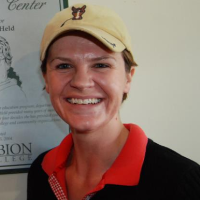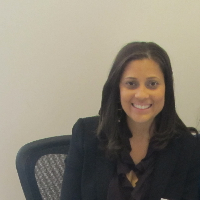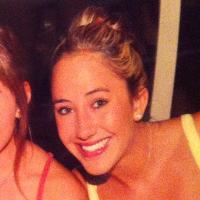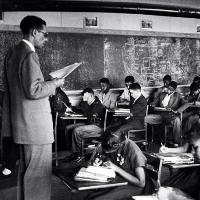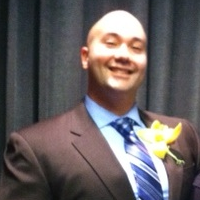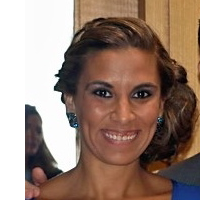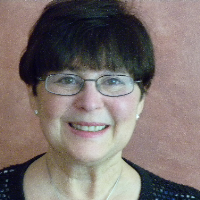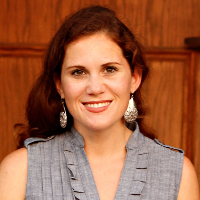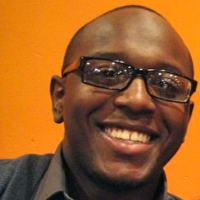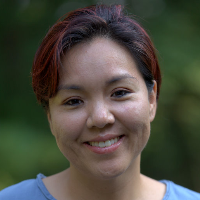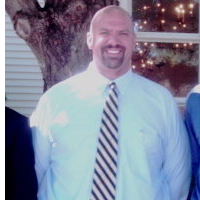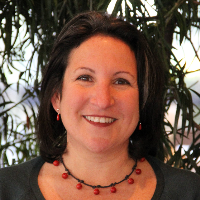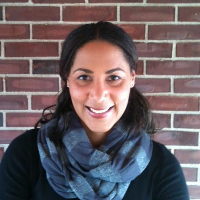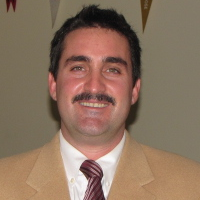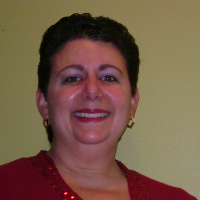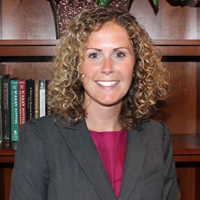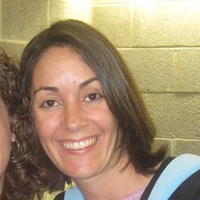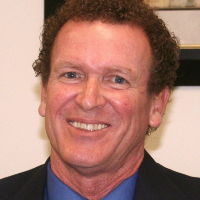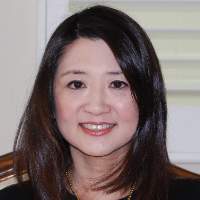President/Partner, Global College Search Associates, LLC
Your college search is one of the first steps you will take to more fully become the person you will be throughout your life. So your college visits are a great place to begin developing the critical thinking and observation skills that will serve you well in every aspect of living. Be a smart consumer of higher education. Do your homework before you go, and be an astute observer and critical thinker when you visit.
First, listen critically to everything that is told to you. Traditionally, admissions counselors have been caring, knowledgeable individuals. However, many admissions counselors attitudes today are being driven by pressure from the administration to bring in students, which equals tuition and room and board money. Admissions counselors are selling you their college, because their jobs depend upon the numbers of students they recruit. So, unfortunately, you can no longer believe them any more than you would believe a used car salesman, despite everyone’s good intentions. (BTW, the term “used car salesman” is one I hear often now, used by admissions counselors weary of the pressure to recruit students who are not a good fit.)
Interestingly, I have attended and participated in many, many info sessions over the years. In the past several years, it is astonishing how similar these sessions have become. They are almost interchangeable. The truth is that admissions departments everywhere have deeply researched your generation and know exactly what to say to attract you — from diversity, to community service, to safety, to anything and everything.
Honestly, visiting a college is much more about considering the details that will affect your day to day life and sussing out the truth behind the marketing and reputation.
1. Observe the way that professors and administrators behave around students. Are the employees respectful of the students? Do they seem to enjoy interacting with them? Do they seem helpful and not dismissive of students with questions?
2. Consider the situations at Penn State and Rutgers. Consider your own ethics and then think about what questions you need to ask to learn about the ethics of the institution. For example, what is their student judicial system like? How have they handled bullying in the past? Do they have campus-wide programs in effect to increase inter-human sensitivity? How do they handle substance abuse issues? How do they deal with student conflict? What is their approach to handling student mental and emotional health issues? If a student is in crisis, and that crisis may reflect poorly on the institution, will the institution act on behalf of the student or will it cover up the crisis in order to protect the institution? Does the institution seem punitive or does it seem to approach jurisprudence as a learning opportunity? Don’t just ask them open ended questions, ask for specific examples.
3. Ask about their first-year student intake program. How are they going to ensure that you are socially integrated and academically supported? What are the mechanisms for students to confidentially express their fears and anxieties? Do they have an Early Alert system? If they don’t, what is their process for ensuring that no student falls through the cracks? If they do, is it one that is designed to truly help students who are struggling, or is it intended to seek out struggling students and punish them for buckling to the high pressures of college life?
4. Look at the “bricks and mortar.” Does the campus look well-cared for? Does it look safe? Lights in alleyways and hallways, etc. That stuff matters. But college is a place to learn. It’s not supposed to be the Golden Door Spa. Be aware that fancy, expensive residence hall facilities should make you question where your tuition and room and board money will be going — especially if it is an institution that is charging higher tuition and it has little or no endowment. It should be going to ensure that the academic facilities and equipment will prepare you to enter your profession. That’s what you’re going to college for.
5. Before you go, read the local newspapers online and see what’s mentioned about the college or university. Does the institution have a good reputation within the community? What is the relationship of the college to the surrounding community — “town and gown”? Is the college genuinely invested in the people and community that surround it, or are they simply taking up space, creating a universe of their own with no interest in bettering the world around them? Some institutions, such as Indiana University — Bloomington, are fully integrated into the community in every way, ethnically, socially, and economically. This integration creates a rich personal and professional experience with lots of real world possibilities for building a resume aimed at gaining employment upon graduating.
6. Listen closely and think critically. Make sure that the institution you are visiting is marketing itself HONESTLY through its tours and info sessions. For example,Tulane University is in New Orleans, which in its admissions tours touts its diversity. However, look around you on campus and you see virtually no evidence of varied ethnicities. Then drive to the other side of town and see a completely different, devastated community. Then remember the admissions officer telling you that their football team plays in the Superdome, which had housed all the people from the Ninth Ward. They have an almost billion dollar endowment, yet they accepted $135 million from FEMA post-Katrina to upgrade their data systems, yet the city is still devastated. Again, institutional ethics and truth in marketing — pay attention to what they are telling you, then pay closer attention to anything that supports or denies what they have said.
7. Before you go on your tour, research safety statistics and everything that’s been in the general news about the college. And when you are there, pick up a copy of the student newspaper — that’s where you will see what’s really going on. And learn about what’s being discussed at the Student Government Association meetings. Pay attention to what you find out about efforts students and student groups make to express their concerns to the college’s administration. What are the concerns being expressed and how are those concerns being responded to.
8. Ask where your tuition money and room and board goes. Better yet, ask to be directed to published information that details where your money will go.
9. Don’t ask what their average SAT score is, or their graduation rate, or their student/faculty ratio. You can find all that info online, even though it’s not very important. The fact is, you learn more from astute observation and research than you do from asking questions.
10. Four-to-five years is a long time to be someplace. Before you leave for your visits, you should read online the college’s Strategic Plan. When you visit the campus, check to see if there is evidence that the institution is moving actively in the direction its Strategic Plan indicates it wants to go.
11. Also research online where funding cuts are being made. If it’s a public institution you are looking at, research what kinds of funding cuts are being made to make up for reduced state funding. Many, many institutions around the country are being faced with having to pull back on programs or eliminate them completely. When you visit, talk to a professor or students and find out what the continued funding outlook is for their department. You don’t want to end up in a program that cannot keep up with it’s needs for educating you, or worse, in a program that is in danger of being eliminated. And make sure you research what they tell you — they may be trying to save their department by recruiting anyone and everyone. That doesn’t mean the department isn’t good, it just means they are struggling and you want to make certain that you understand the truth and possible outcomes of their struggles, because they will affect you.
12. Ask if tuition money is being spent to attract international students or if it is being used to help students such as yourself pay for college. How much money is being spent to recruit international students? Where is that money coming from? The latest statistics show that colleges are now spending more money on general marketing and marketing to international students than they are on scholarships for talented, low income students. Colleges claim that they recruit internationally because they want the diversity, but it’s just about the money. The fact is that there is plenty of diversity in this country that is not being served by our institutions of higher learning.





